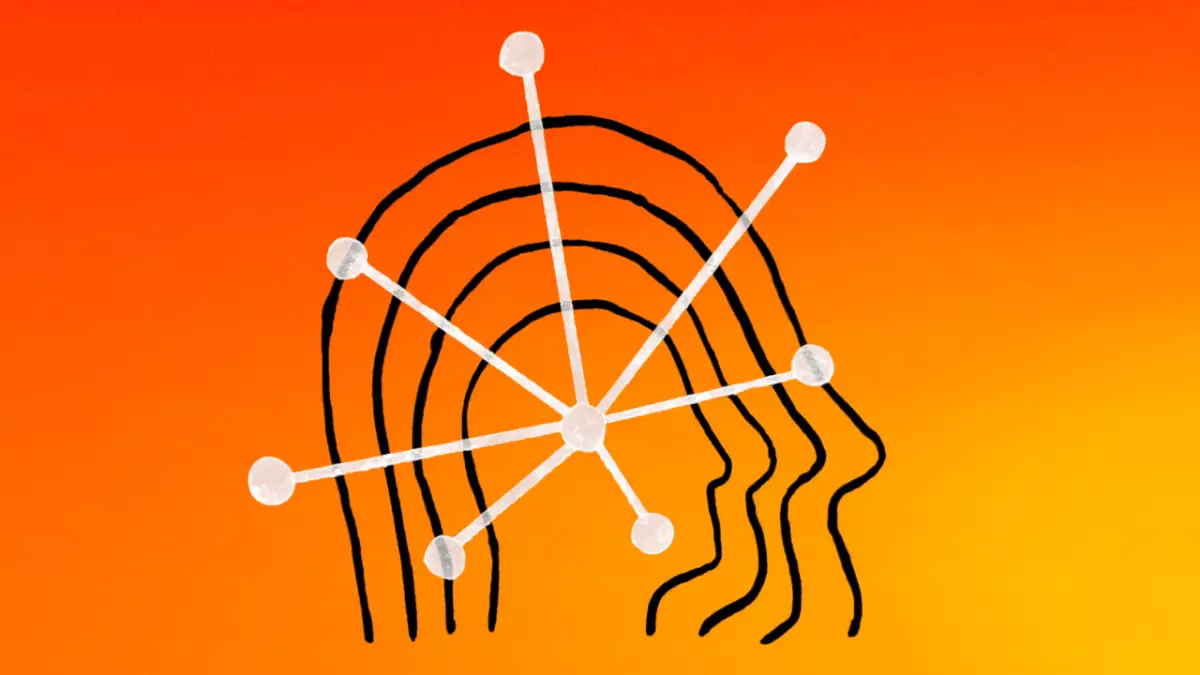In the rapidly evolving landscape of artificial intelligence, the competition between Claude Code, developed by Anthropic, and OpenAI’s Codex CLI is igniting passionate discussions among developers. These two coding tools, both designed to streamline coding tasks through advanced AI capabilities, represent divergent philosophies on access, collaboration, and innovation in software development.
Open Source vs. Restricted Access
A significant difference lies in their licensing approaches, which profoundly impacts the developer community’s reception. Codex CLI’s availability under the Apache 2.0 license promotes a level of openness and collaboration that has resonated well within the tech community. This permissive licensing encourages developers to modify, distribute, and even commercialize their variations of the tool. Conversely, Claude Code operates under a much stricter commercial license, effectively stifling creativity and experimentation. The obfuscation of Claude Code’s source code further compounds these restrictions; without transparent access to the inner workings, the community finds it more challenging to innovate atop the existing framework, limiting the ways developers can adapt to their unique needs.
The Developer Backlash
Recent events underscore the consequences of these differing philosophies. When Anthropic issued takedown notices against a developer who reverse-engineered Claude Code, it sent ripples of discontent throughout the developer community. Many analysts viewed this move as a heavy-handed tactic unworthy of a company striving to lead in a collaboration-driven industry. Social media backlash against these actions starkly contrasts the community’s generally favorable views of OpenAI’s more inclusive approach. In fact, OpenAI demonstrated its commitment to developer engagement by incorporating feedback into Codex CLI rapidly and even allowing it to interface with rival AI models, including those from Anthropic. Such actions highlight a stark dichotomy between the two companies—one that actively fosters developer goodwill against one that seemingly constricts it.
Implications for Future Development
Despite the challenges, it’s important to recognize that Claude Code is still in its beta stage, hinting that Anthropic might evolve its policy as the product matures. If they pivot toward more open-source practices, it could very well alleviate some developer frustrations. After all, the adoption of AI tools hinges not merely on performance but also on how welcomed developers feel within the ecosystem. It’s an indispensable factor for sustained growth and innovation.
A Potential Shift in OpenAI’s Strategy?
Interestingly, the unfolding situation offers a glimpse into OpenAI’s transformation regarding open-source philosophy. Historically shifting away from open-source to proprietary models, OpenAI’s recent actions may signal a critical reassessment. CEO Sam Altman’s acknowledgment of being previously ‘on the wrong side of history’ concerning open source could herald a revitalization of collaborative tools and practices.
In a world where technology is progressing at lightning speed, the way companies engage with developers could dictate who ultimately shapes the future of AI. Whether Anthropic will adapt its approach remains uncertain, but the onus is on them to recalibrate their strategies to foster a more inclusive environment if they seek to survive and thrive.

